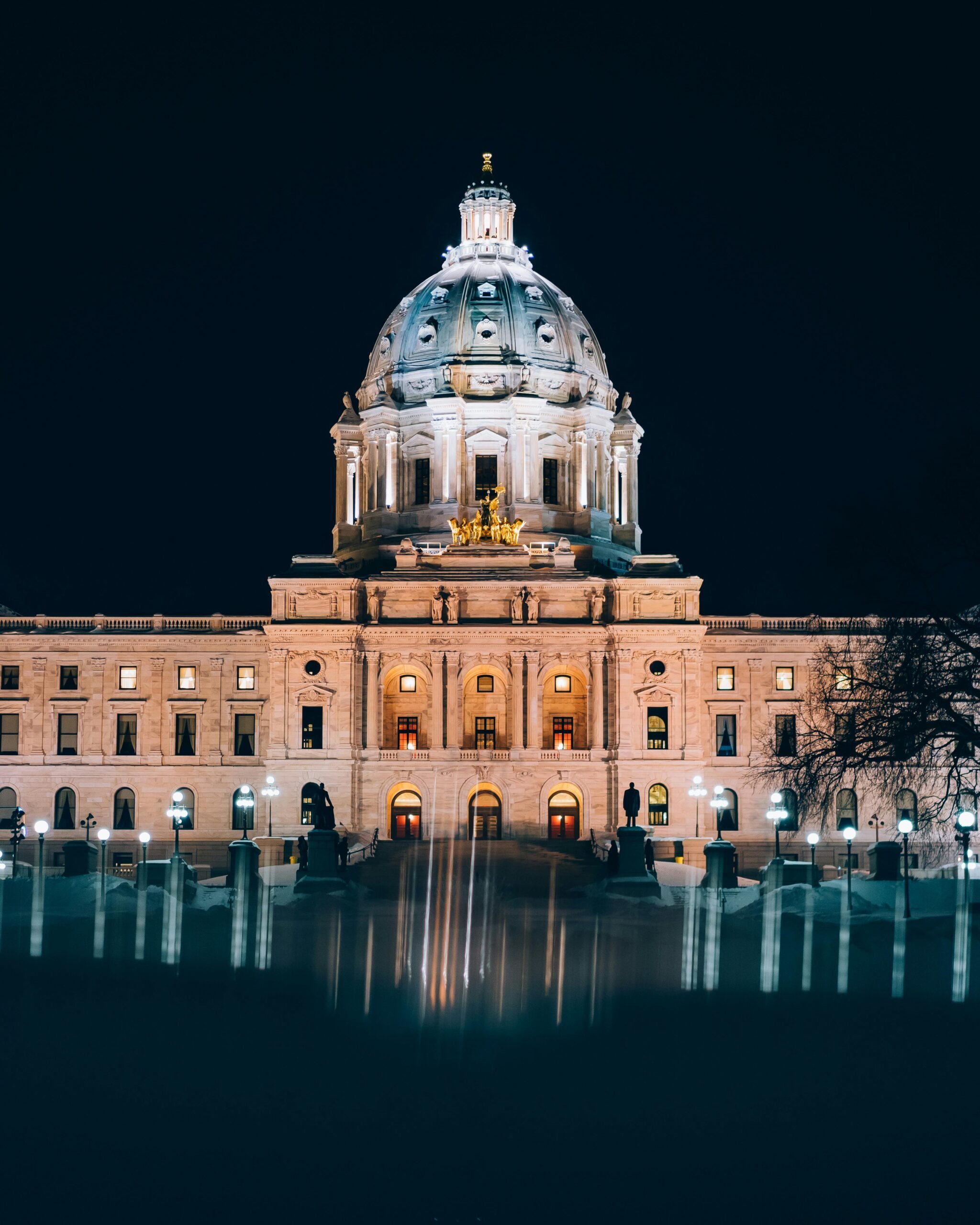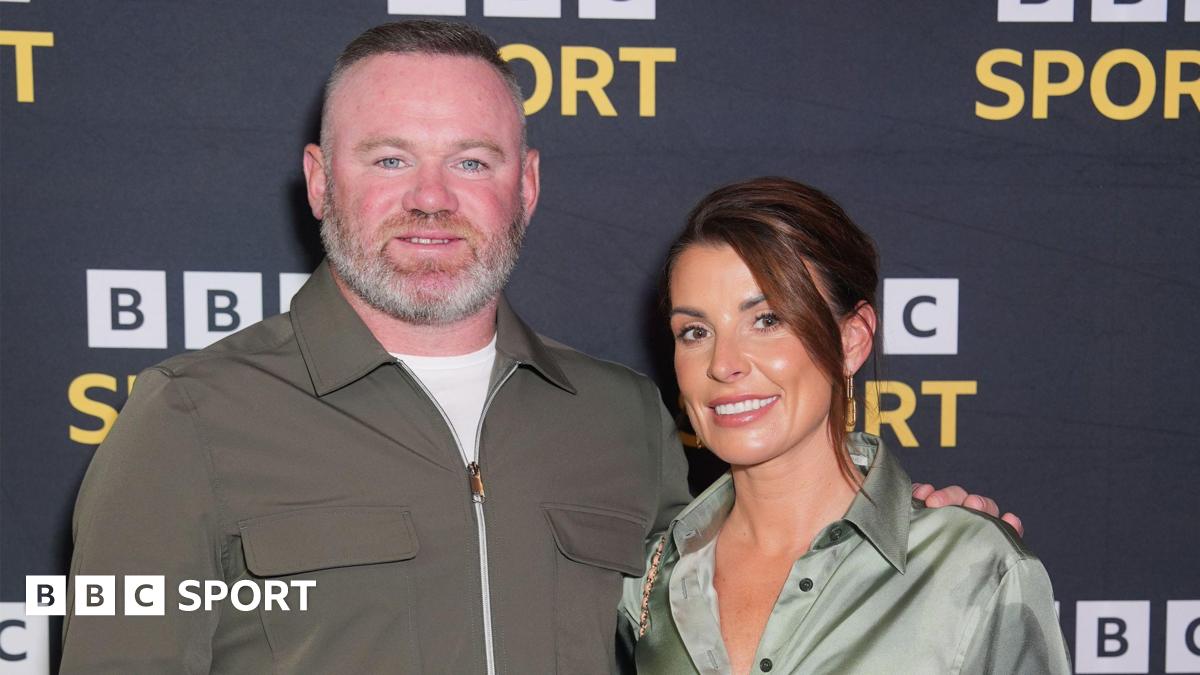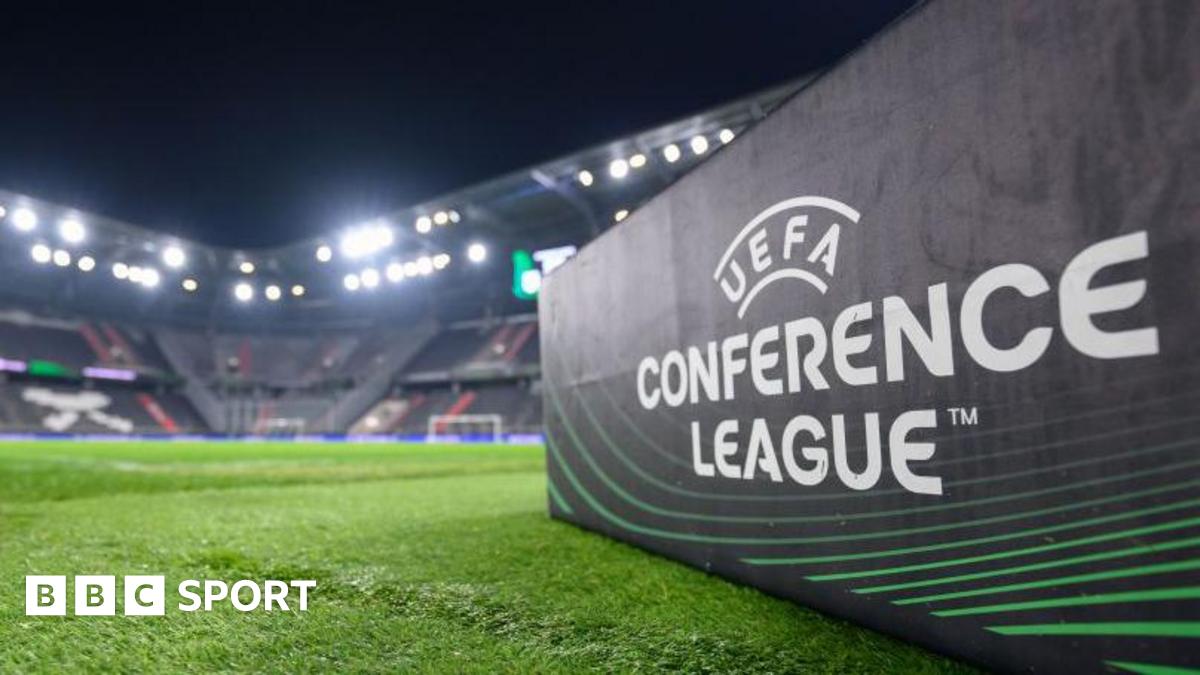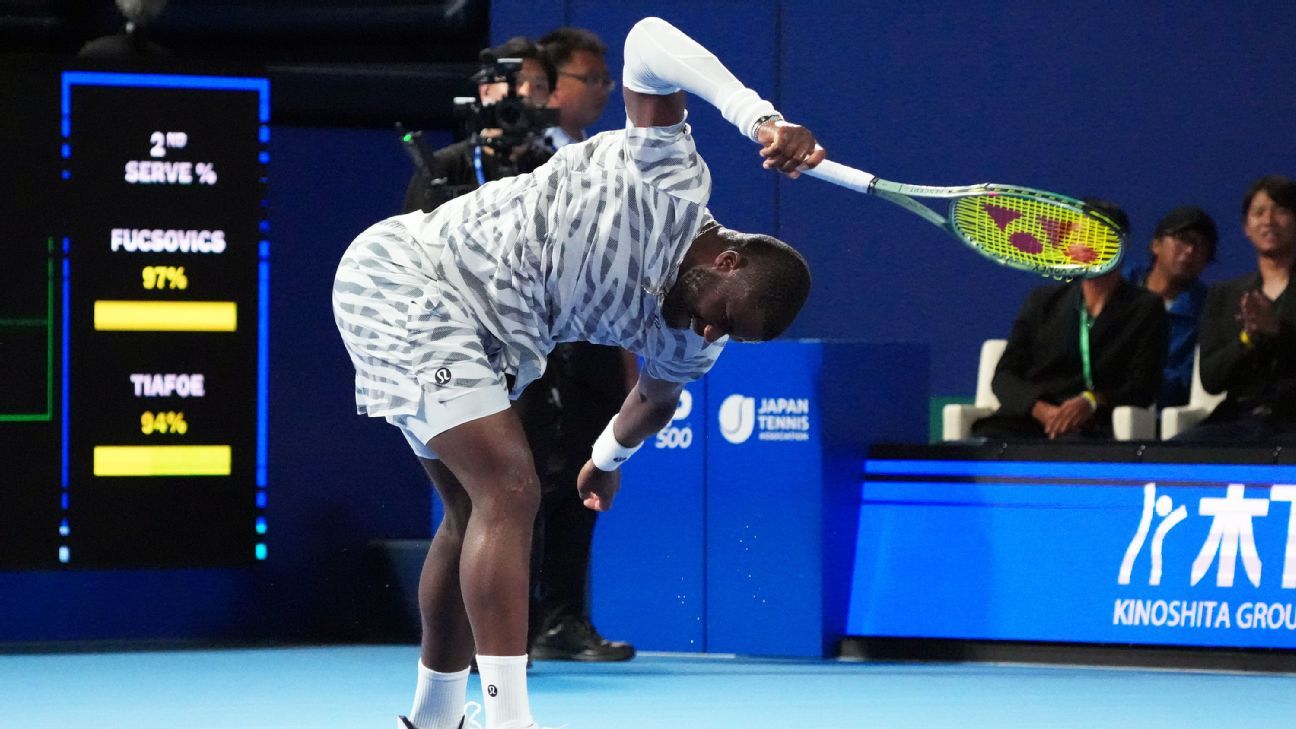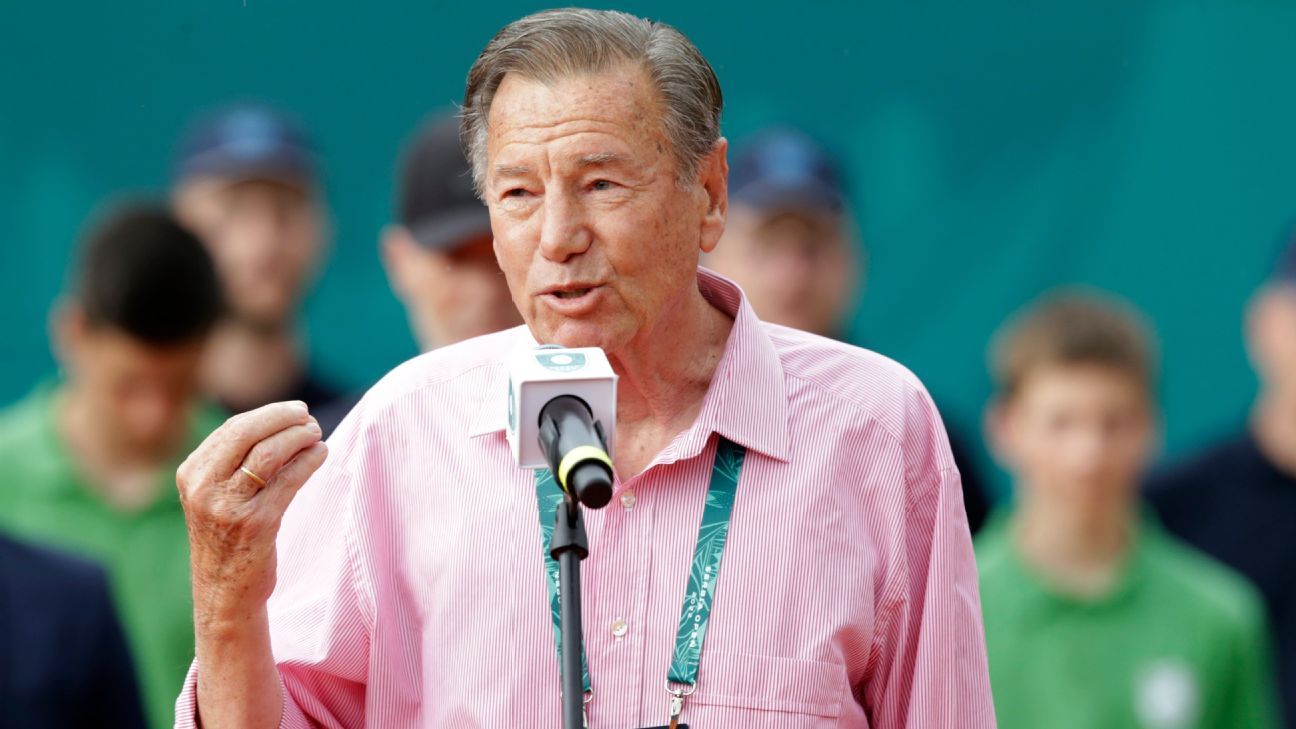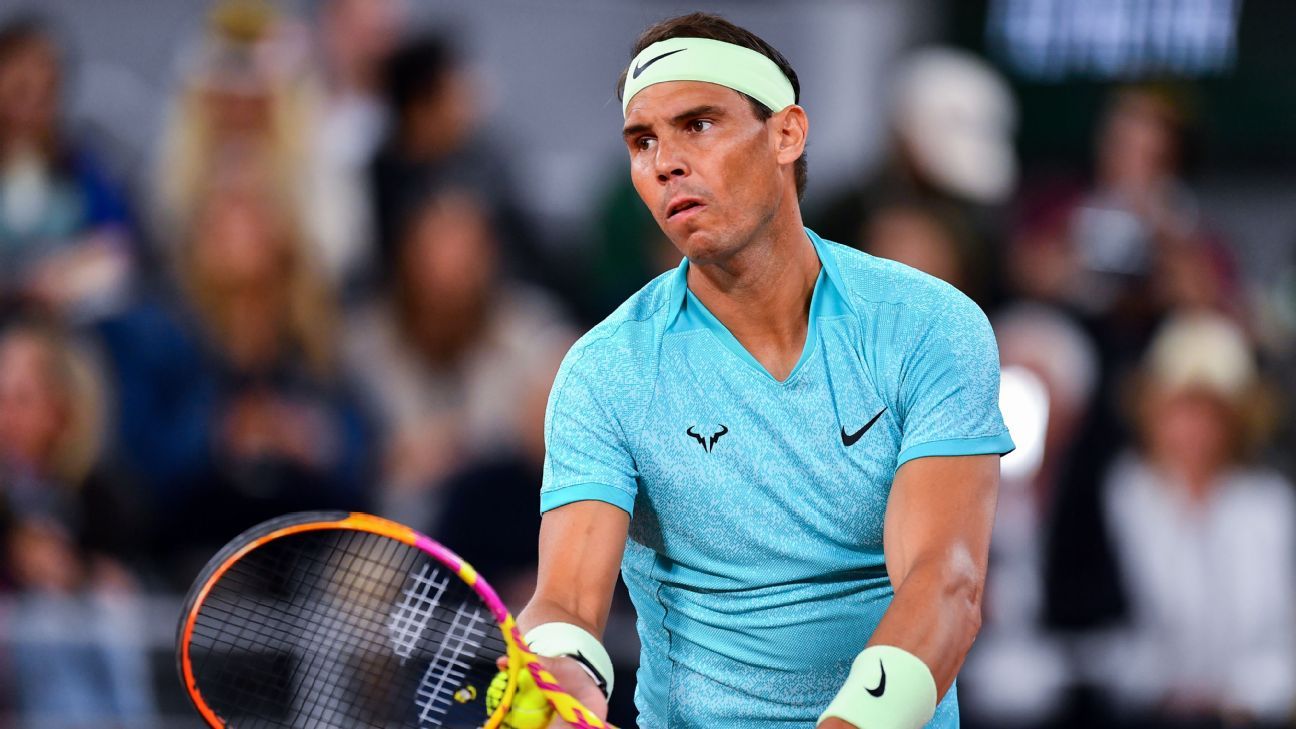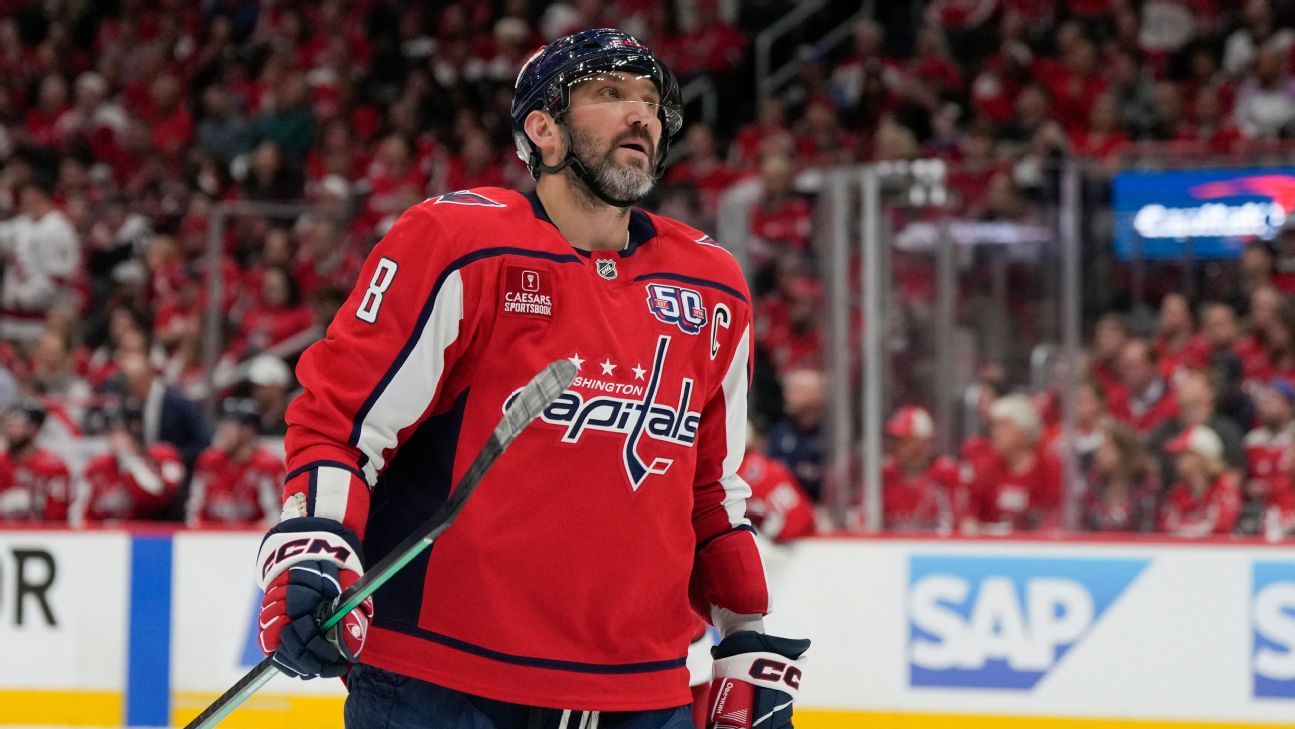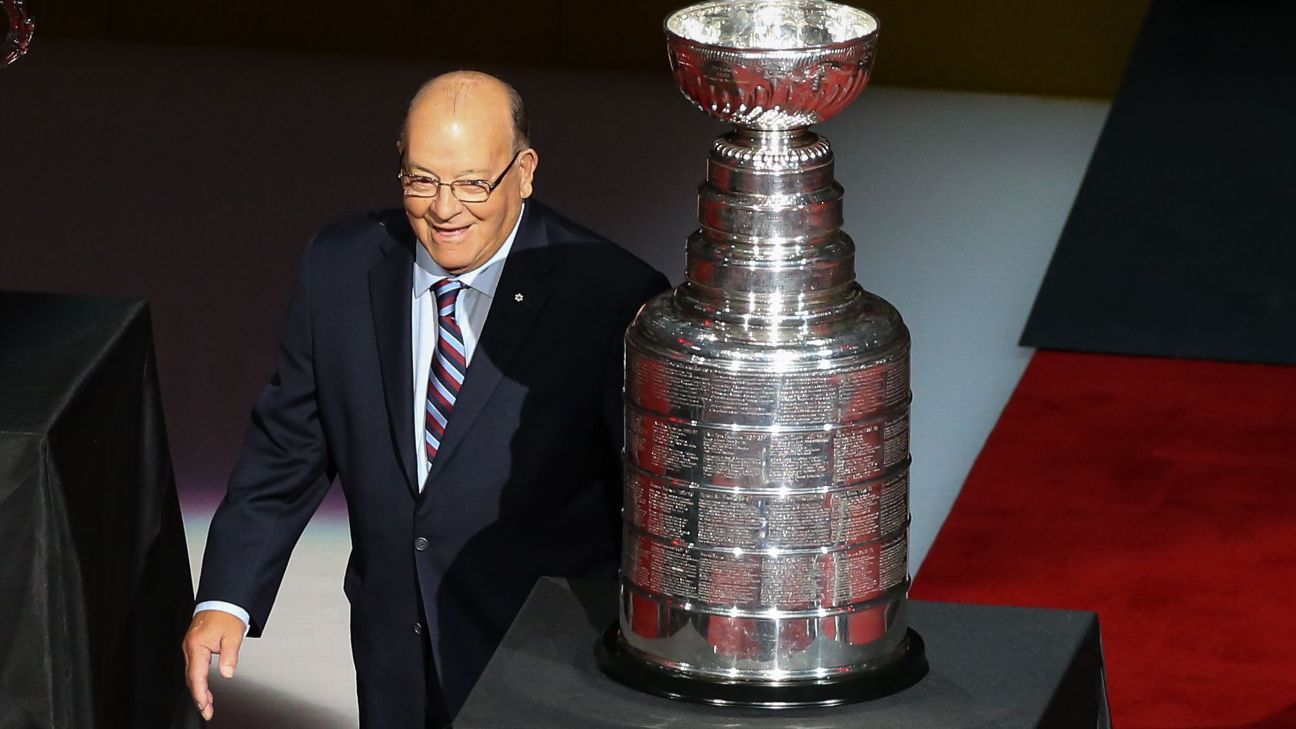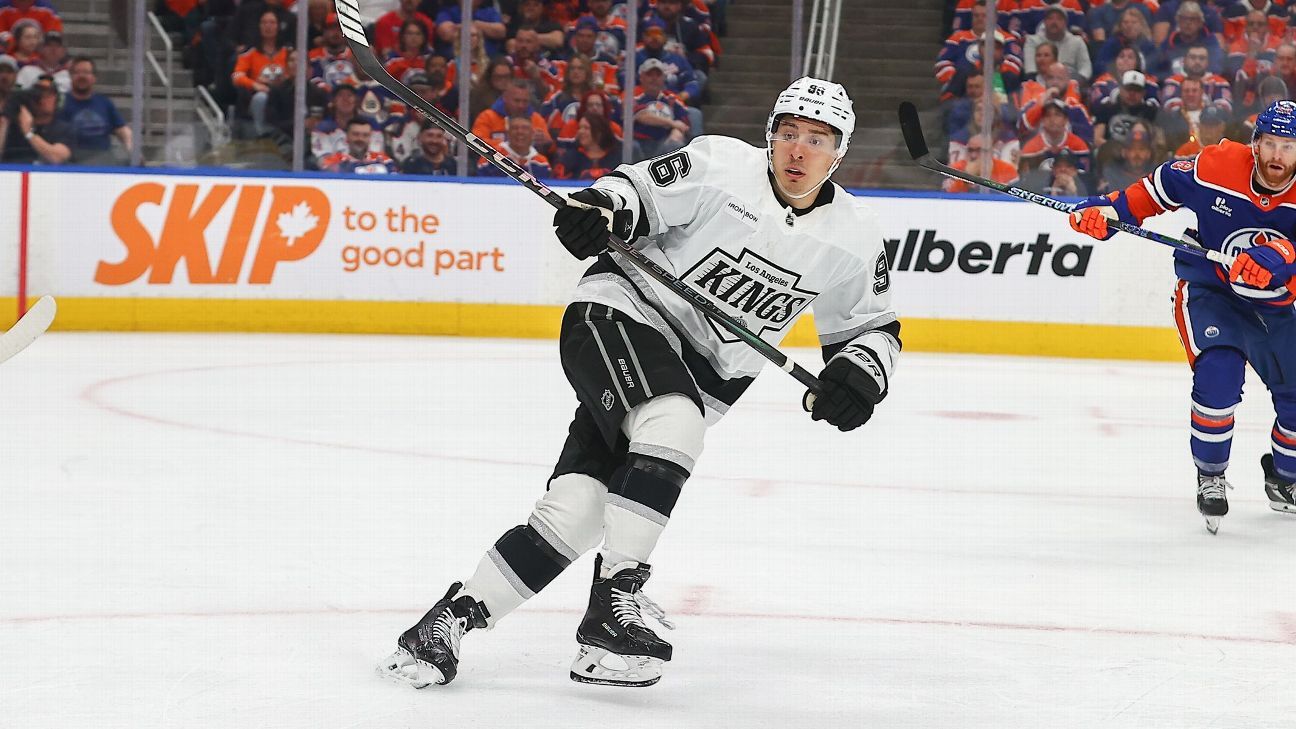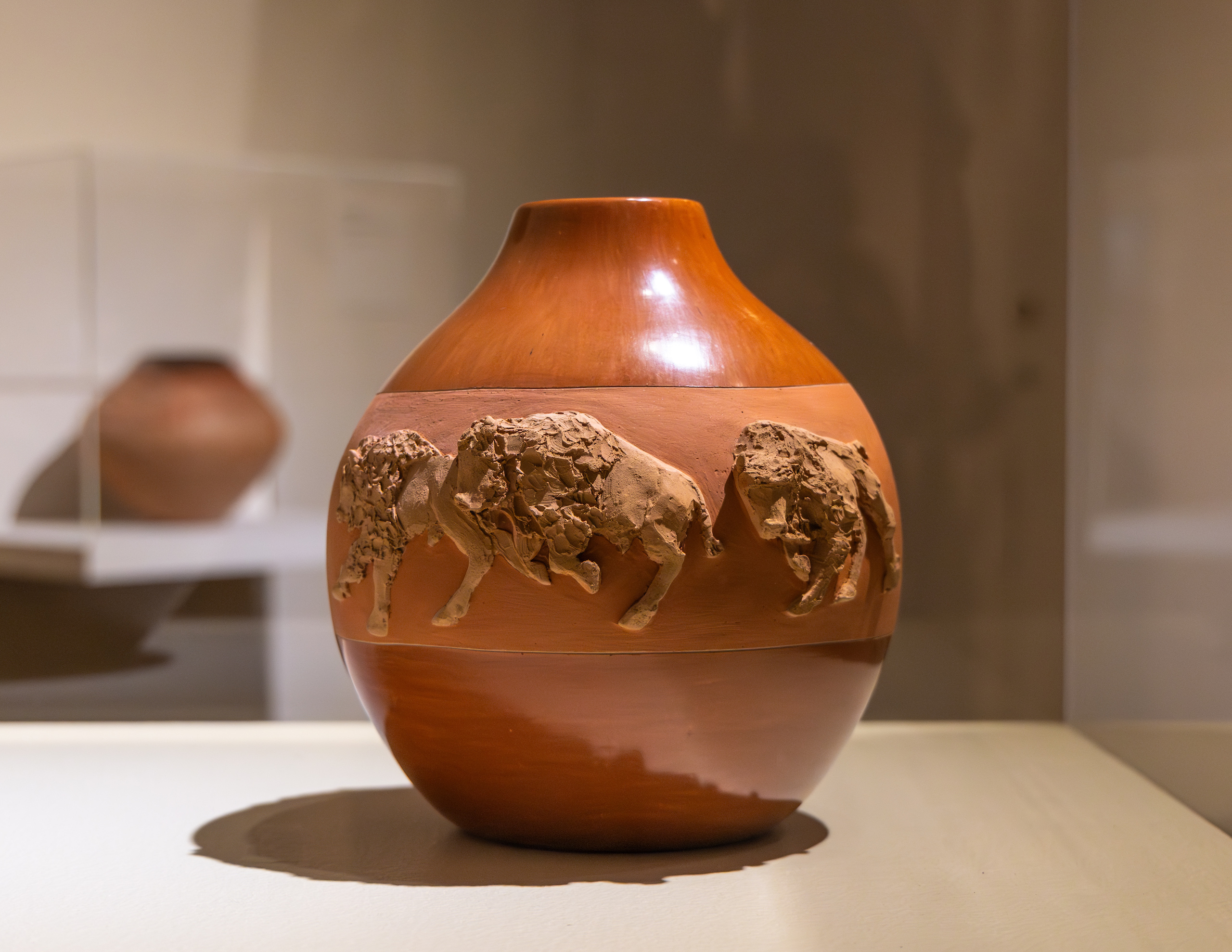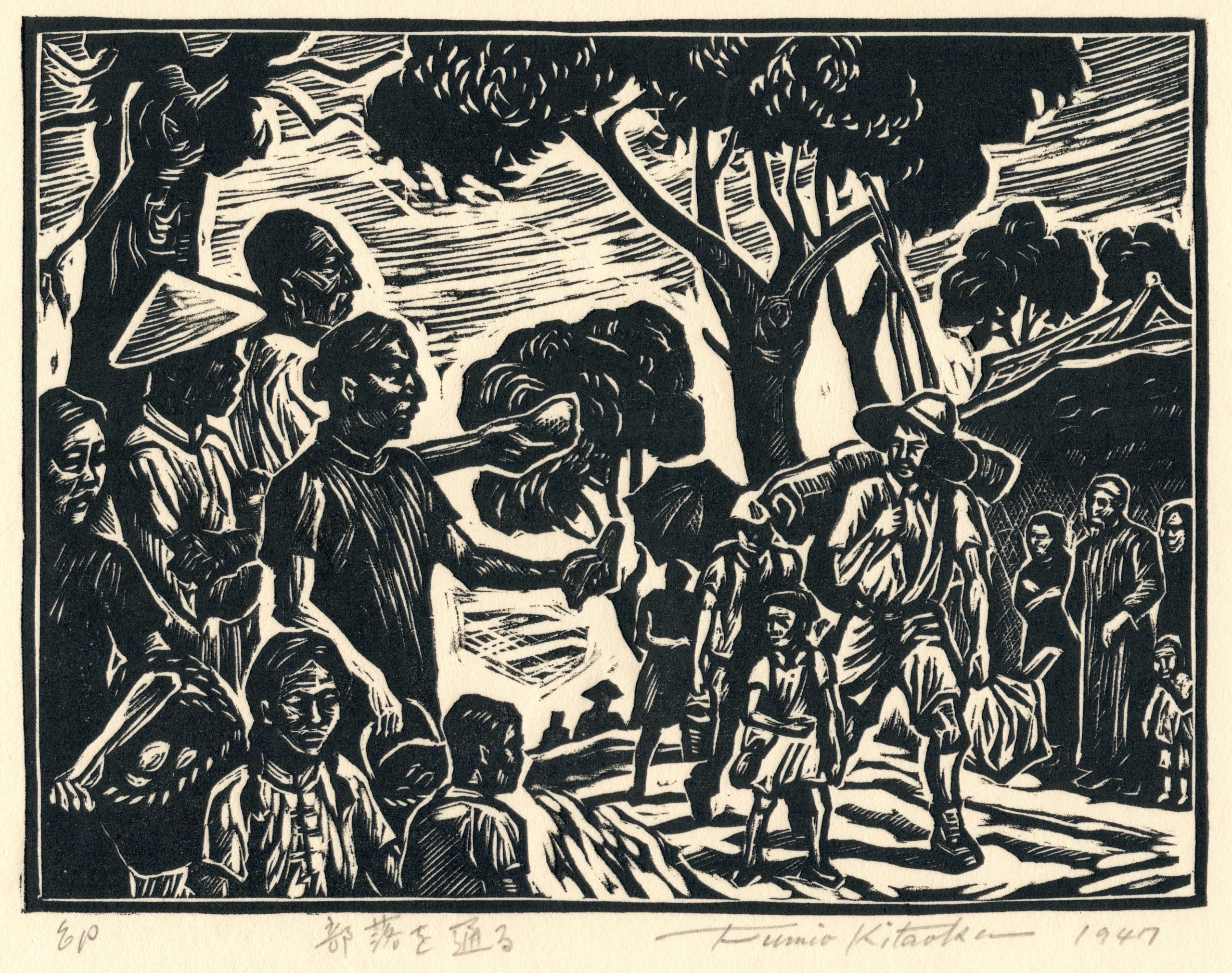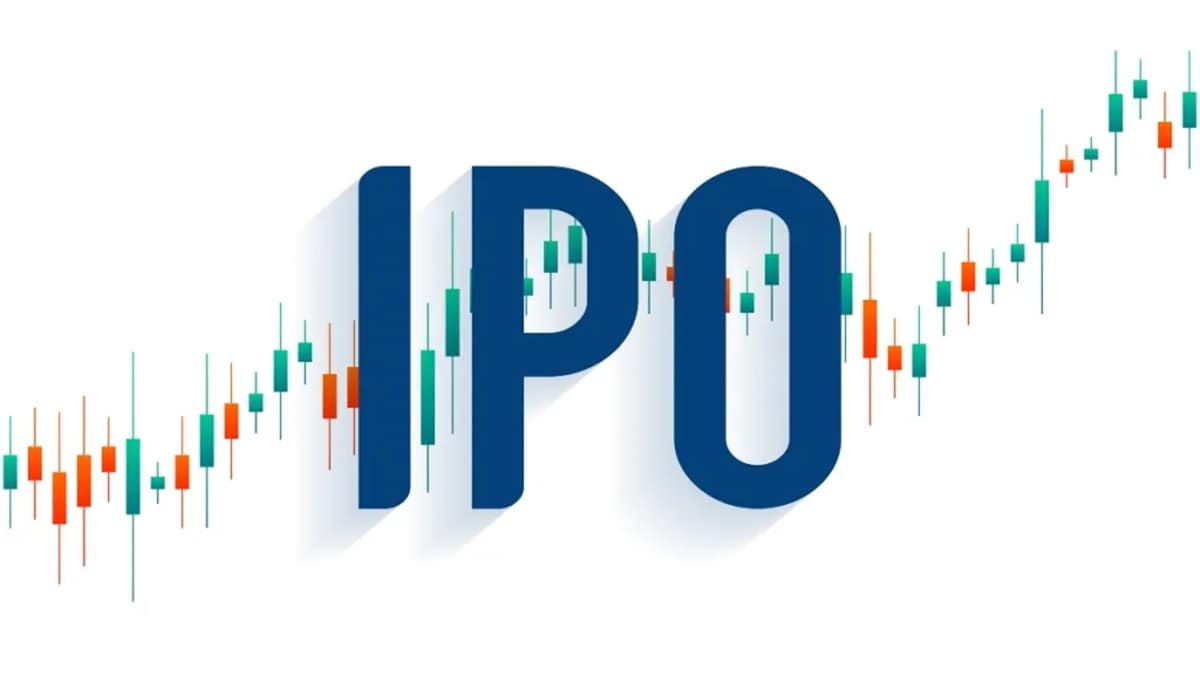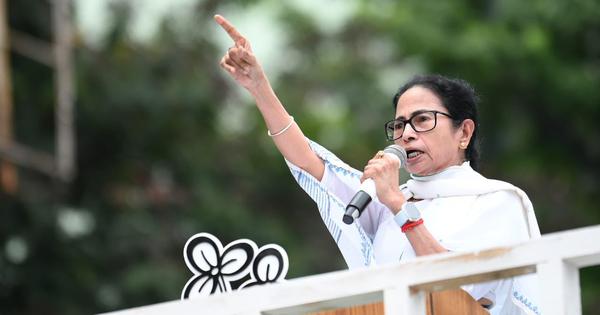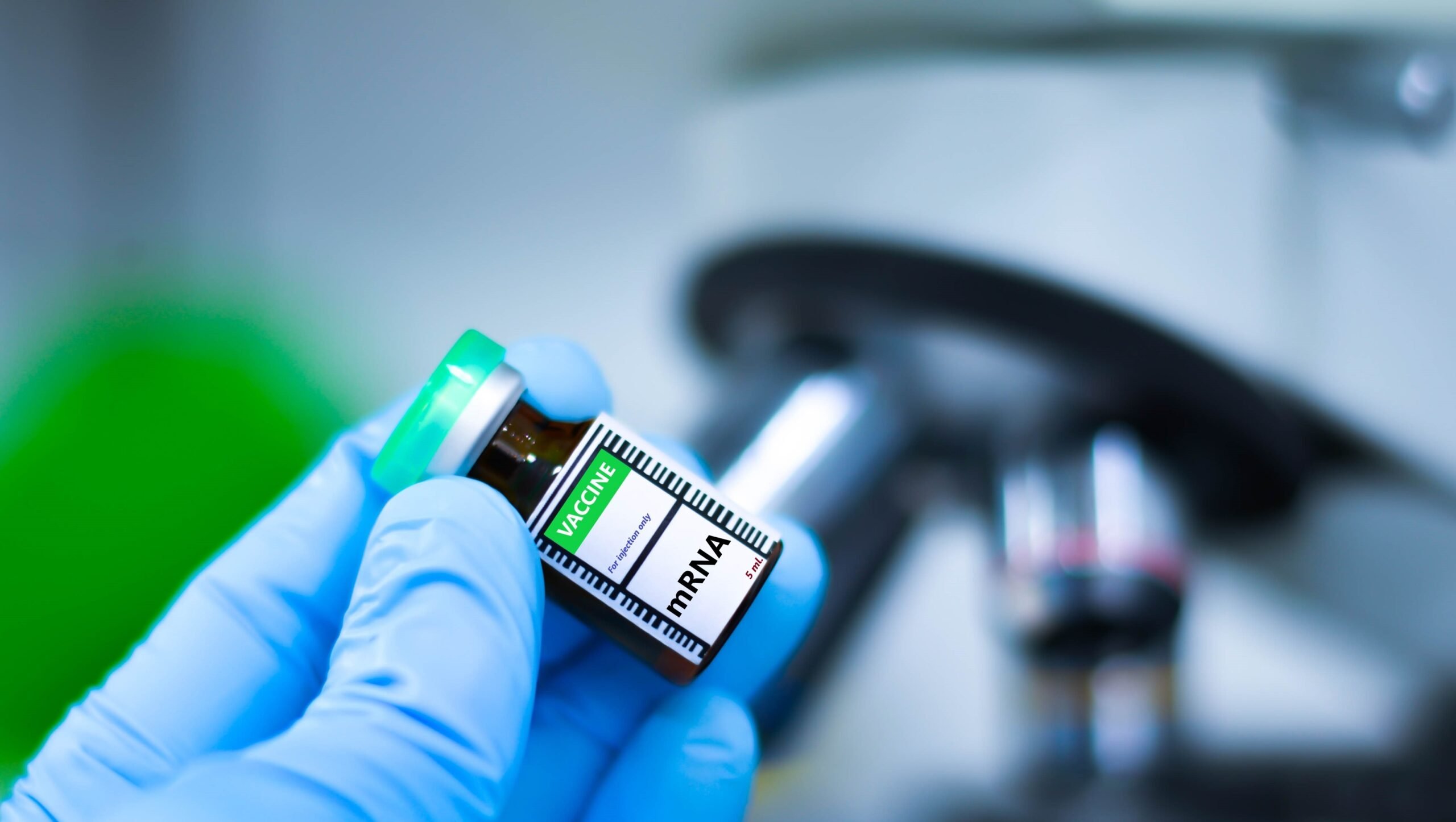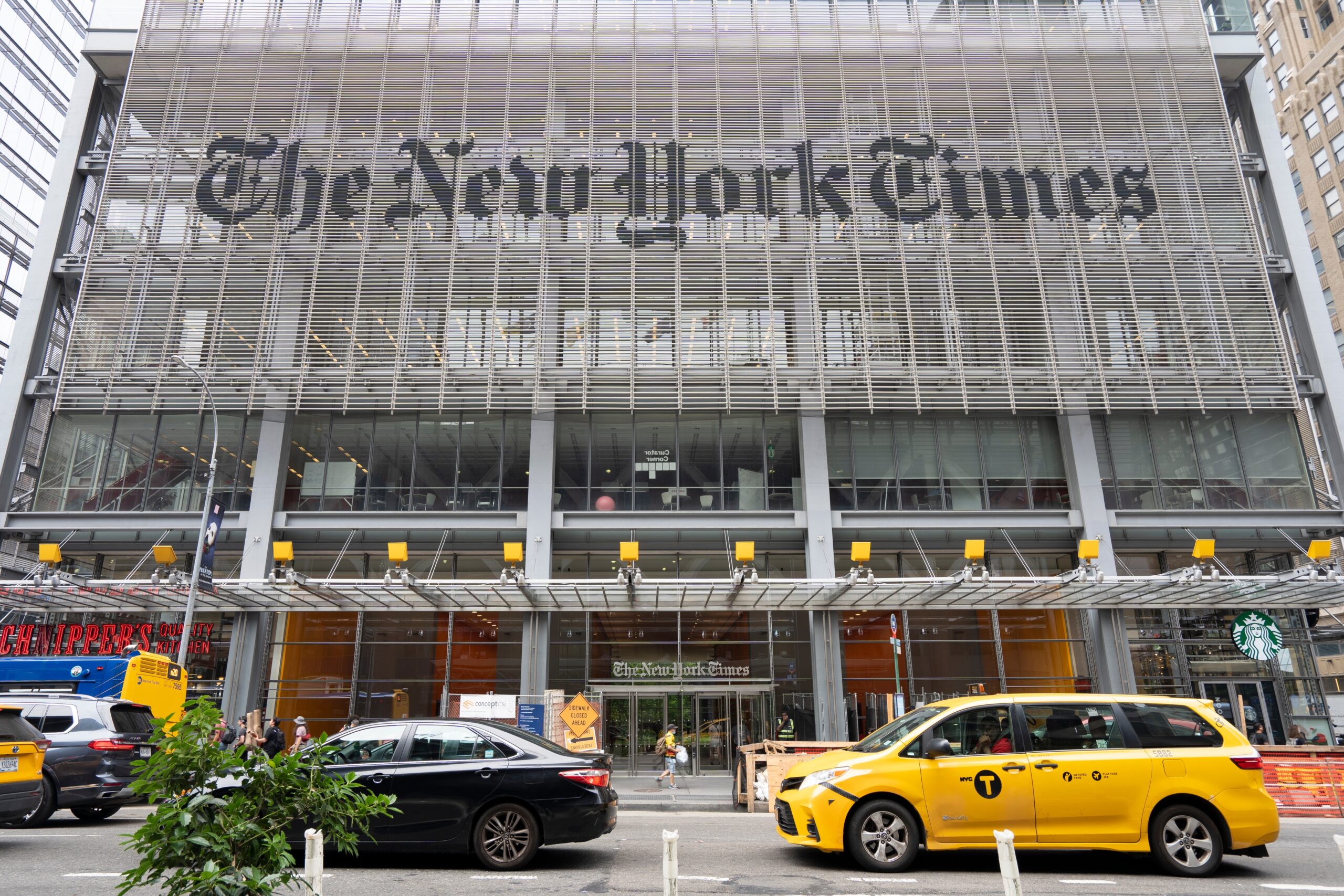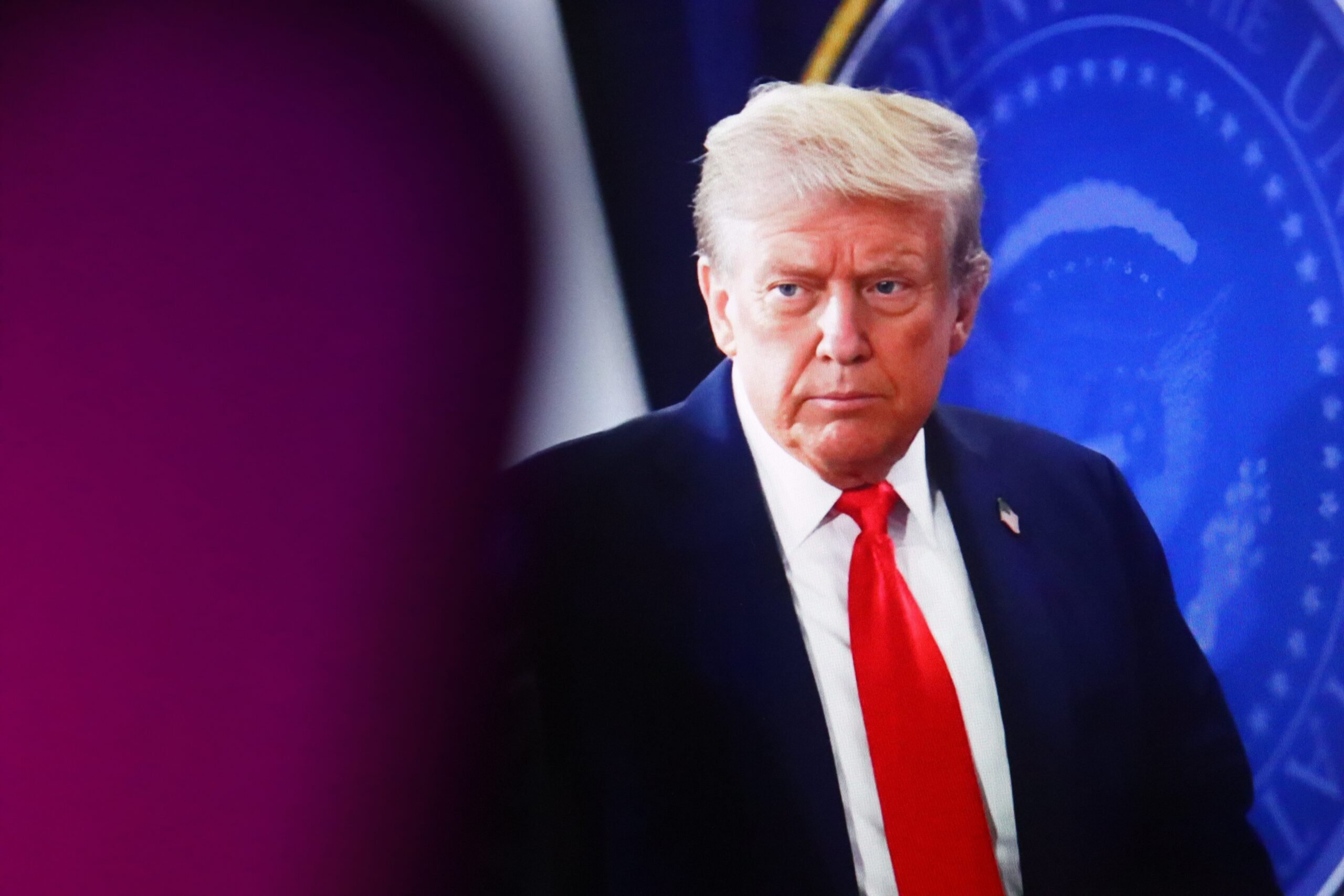Singapore shipping firm behind toxic Colombo port leak rejects $1 billion damages court order: Read about a tragic environmental disaster and an international legal battle
A month after the Supreme Court of Sri Lanka ordered a Singapore shipping company to pay USD 1 billion in damages for causing Sri Lanka’s worst environmental disaster, the Singaporean company, X-Press Feeders, has refused to comply with the court order. The tragic environmental disaster caused by the sinking of the MV X-Press Pearl near Colombo Port in June 2021. Speaking to news agency AFP, X-Press Feeders chief executive Shmuel Yoskovitz said he believed paying would have wide-ranging implications on global shipping and “set a dangerous precedent”. Sinking of the Singapore-flagged MV X-Press Pearl and Sri Lanka’s worst maritime pollution disaster The MV X-Press Pearl was a 1,098-foot container vessel owned by Singapore-based EOS Ro Pte LTD, which is a part of the X-Press Pearl Group, and was operated by X-Press Feeders Pte LTD, a prominent Singaporean shipping company specialising in intra-Asia routes. The ship was en route from Hazira Port in India’s Gujarat state to Sri Lanka’s Colombo, carrying 1,496 containers, 81 labelled as “dangerous cargo”. The vessel carried 25 containers of nitric acid, a corrosive chemical used in fertilisers and explosives, in addition to lead ingots, calcium carbide, and hundreds of metric tons of plastic nurdles. The plastic nurdles are used for manufacturing plastic products like bottles and bags, and are non-biodegradable. These nurdles are highly polluting when released into the environment. On 20th May 2021, while the vessel was still in the Arabian Sea, a container holding 26 metric tons of nitric acid began leaking. The crew attempted to contain it; however, the acid’s fumes damaged the ship’s electrical systems. This led to a cascade of failures. For obvious reasons, ports in Qatar and India denied the vessel entry to offload the hazardous cargo. Thus, the vessel was forced to proceed to Colombo. The MV X-Press Pearl anchored 9.4 nautical miles (around 17 kilometres) off Colombo on 25th May 2021. By 26th May, the nitric acid leak had triggered a fire, which burned uncontrollably for 11 days, despite efforts by the Sri Lankan Navy, Air Force, and international salvage teams. The fire spread to other containers, causing explosions and the release of toxic fumes visible from the shore. Finally, on 2nd June 2021, the vessel split into two and sank in 180 feet of water near Negombo Lagoon, a UNESCO-recognised Ramsar wetland site. Reports say that the scale of maritime pollution caused by this incident was one of the worst in many decades. Over 87 tons of plastic nurdles were spilt into the sea, washing ashore along an 80 km stretch of Sri Lanka’s western coastline, from Negombo to Kalutara. In no time, these pellets contaminated beaches, estuaries and mangroves, entering the food chain and drastically affecting marine life. Image via AFP The spilt chemicals and nitric acid contaminated coastal waters, killing thousands of fish, 417 olive ridley sea turtles, 48 dolphins, eight blue whales, and countless other marine species that washed up dead on beaches. In addition, the fire released toxic smoke containing nitrogen oxides and heavy metals, harming air quality in Colombo. Seagrass beds, coral reefs, and plankton populations suffered long-term damage that disrupted the ecosystem. The tragedy was not confined to sea and air but also had human and economic impacts. A fishing ban was imposed for more than a year in impacted areas. Consequently, over 20,000 fishermen and their families lost their livelihoods. Meanwhile, tourism also declined due to polluted beaches. Cleanup costs exceeded USD 7 million initially. Funds were allocated for compensating affected fishermen. At a time when Sri Lanka was already going through an economic peril, this disaster exacerbated the country’s economic crisis. Amidst all this, environmental groups like the Centre of Environmental Justice (CEJ) and affected communities approached Sri Lanka’s Supreme Court to seek accountability under the country’s constitution and the international laws, particularly, the UN Convention on the Law of the Sea’s “polluter pays” principle. Besides, the MV X-Press Pearl ship’s Russian captain, Vitaly Tyutkalo, was arrested and barred from leaving Sri Lanka since June 2021. X-Press Feeders offered a fine for Tyutkalo’s release; however, the Lankan authorities rejected the offer. Sri Lanka Supreme Court’s landmark judgment and the refusal by Singapore-based X-Press Feeders to pay damages In July 2025, a five-judge bench of the Supreme Court of Sri Lanka gave a 361-page verdict, ruling against X-Press Feeders and related entities, including EOS Ro Pte LTD. The verdict described the incident as causing “unprecedented devastation to the maritime environment” and violating fundamental rights. The Lankan Supreme Court ordered that an “initial” USD 1 billion be paid to the government within one year, starting with USD 23 million by 23rd September 2025. The court sai
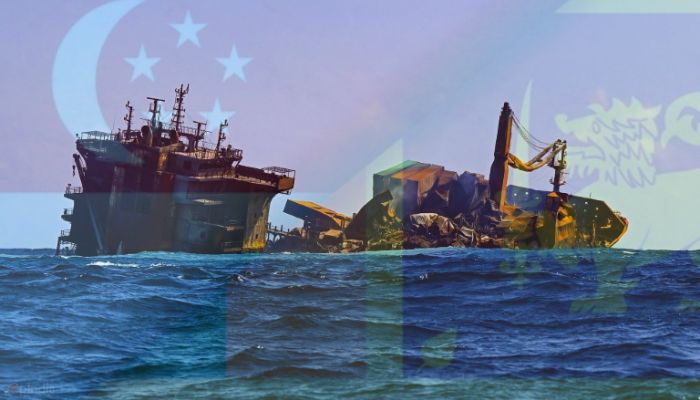


A month after the Supreme Court of Sri Lanka ordered a Singapore shipping company to pay USD 1 billion in damages for causing Sri Lanka’s worst environmental disaster, the Singaporean company, X-Press Feeders, has refused to comply with the court order. The tragic environmental disaster caused by the sinking of the MV X-Press Pearl near Colombo Port in June 2021.
Speaking to news agency AFP, X-Press Feeders chief executive Shmuel Yoskovitz said he believed paying would have wide-ranging implications on global shipping and “set a dangerous precedent”.
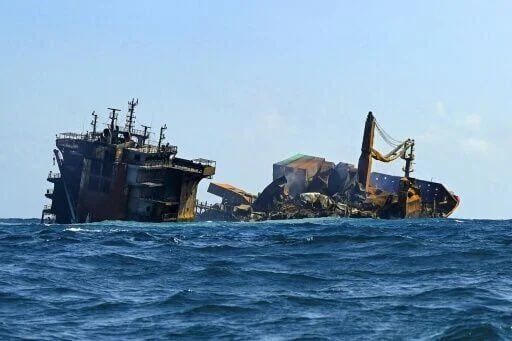
Sinking of the Singapore-flagged MV X-Press Pearl and Sri Lanka’s worst maritime pollution disaster
The MV X-Press Pearl was a 1,098-foot container vessel owned by Singapore-based EOS Ro Pte LTD, which is a part of the X-Press Pearl Group, and was operated by X-Press Feeders Pte LTD, a prominent Singaporean shipping company specialising in intra-Asia routes. The ship was en route from Hazira Port in India’s Gujarat state to Sri Lanka’s Colombo, carrying 1,496 containers, 81 labelled as “dangerous cargo”.
The vessel carried 25 containers of nitric acid, a corrosive chemical used in fertilisers and explosives, in addition to lead ingots, calcium carbide, and hundreds of metric tons of plastic nurdles. The plastic nurdles are used for manufacturing plastic products like bottles and bags, and are non-biodegradable. These nurdles are highly polluting when released into the environment.
On 20th May 2021, while the vessel was still in the Arabian Sea, a container holding 26 metric tons of nitric acid began leaking. The crew attempted to contain it; however, the acid’s fumes damaged the ship’s electrical systems. This led to a cascade of failures. For obvious reasons, ports in Qatar and India denied the vessel entry to offload the hazardous cargo. Thus, the vessel was forced to proceed to Colombo.
The MV X-Press Pearl anchored 9.4 nautical miles (around 17 kilometres) off Colombo on 25th May 2021. By 26th May, the nitric acid leak had triggered a fire, which burned uncontrollably for 11 days, despite efforts by the Sri Lankan Navy, Air Force, and international salvage teams. The fire spread to other containers, causing explosions and the release of toxic fumes visible from the shore.
Finally, on 2nd June 2021, the vessel split into two and sank in 180 feet of water near Negombo Lagoon, a UNESCO-recognised Ramsar wetland site.
Reports say that the scale of maritime pollution caused by this incident was one of the worst in many decades. Over 87 tons of plastic nurdles were spilt into the sea, washing ashore along an 80 km stretch of Sri Lanka’s western coastline, from Negombo to Kalutara. In no time, these pellets contaminated beaches, estuaries and mangroves, entering the food chain and drastically affecting marine life.
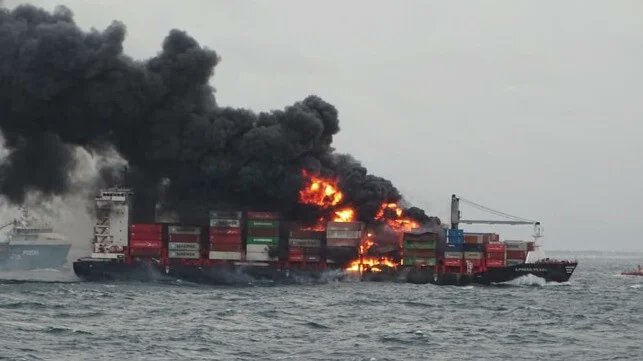
The spilt chemicals and nitric acid contaminated coastal waters, killing thousands of fish, 417 olive ridley sea turtles, 48 dolphins, eight blue whales, and countless other marine species that washed up dead on beaches.
In addition, the fire released toxic smoke containing nitrogen oxides and heavy metals, harming air quality in Colombo. Seagrass beds, coral reefs, and plankton populations suffered long-term damage that disrupted the ecosystem.
The tragedy was not confined to sea and air but also had human and economic impacts. A fishing ban was imposed for more than a year in impacted areas. Consequently, over 20,000 fishermen and their families lost their livelihoods.
Meanwhile, tourism also declined due to polluted beaches. Cleanup costs exceeded USD 7 million initially. Funds were allocated for compensating affected fishermen. At a time when Sri Lanka was already going through an economic peril, this disaster exacerbated the country’s economic crisis.
Amidst all this, environmental groups like the Centre of Environmental Justice (CEJ) and affected communities approached Sri Lanka’s Supreme Court to seek accountability under the country’s constitution and the international laws, particularly, the UN Convention on the Law of the Sea’s “polluter pays” principle.
Besides, the MV X-Press Pearl ship’s Russian captain, Vitaly Tyutkalo, was arrested and barred from leaving Sri Lanka since June 2021. X-Press Feeders offered a fine for Tyutkalo’s release; however, the Lankan authorities rejected the offer.
Sri Lanka Supreme Court’s landmark judgment and the refusal by Singapore-based X-Press Feeders to pay damages
In July 2025, a five-judge bench of the Supreme Court of Sri Lanka gave a 361-page verdict, ruling against X-Press Feeders and related entities, including EOS Ro Pte LTD. The verdict described the incident as causing “unprecedented devastation to the maritime environment” and violating fundamental rights.
The Lankan Supreme Court ordered that an “initial” USD 1 billion be paid to the government within one year, starting with USD 23 million by 23rd September 2025. The court said that future payments could be directed as needed for restoration.
Notably, the court calculated damages based on economic losses, ecosystem restoration costs, and long-term harm. The apex court emphasised the Singaporean company’s alleged negligence in cargo handling and failure to declare hazards properly.
The verdict received global praise and was hailed as a step toward global accountability. This verdict was supposed to be the culmination of four years of litigation and the quest for justice and accountability. However, a layer of conflict has been added to the case by X-Press Feeders, as the company has refused to pay the “initial” damages (USD 1 billion).
X-Press Feeders CEO Shmuel Yoskovitz recently told news agency, AFP, that his company will not pay the ordered amount and even called the court order a “hanging guillotine”. Yoskovitz argued that it would set a “dangerous precedent” for the global shipping industry by exposing operators to unlimited liability.
“We are not paying because the whole base of maritime trade is based on the limitation of liability. This judgment undermines this limitation of liability. Any payment towards the judgment could set a dangerous precedent for how maritime incidents will be resolved in the future,” Yoskovitz said.
He further raised concern that the absence of limitations could lead to higher insurance premiums, which would ultimately be passed on to consumers.
Yoskovitz apologised for the incident, adding that X-Press Feeders had already spent US$170 million to remove the wreck, clean up the seabed and beaches, and compensate affected fishermen.
“We are not trying to hide … We are willing to pay more, but it has to be under certain marine conventions and an amount that is full and final, and then it can be settled, and we can move on. But to live under this hanging guillotine – it is simply impossible to operate like this,” he said.
In August this year, X-Press Feeders issued a statement expressing dismay over the Sri Lankan Supreme Court’s ruling.
The Court has effectively pronounced the vessel’s Master (Captain Tyutkalo) and local Agents guilty of criminal charges before their trials have concluded, and in the case of the Agents, even before formal charges have been filed on some of the allegations. The shipping company said that the ship’s Master is languishing in Sri Lanka, unable to resume his life and career. Even during the trial, he was not present in the court or legally represented.
“The court’s intent to lay all blame and liability on the vessel’s owners and operators is blatantly apparent in their judgment on the Sri Lankan authorities’ role in the incident. It exonerates the actions of the Harbour Master and Director General of Merchant Shipping, despite their own experts boarding and inspecting the vessel and raising no alarm or immediate reason for concern, more than a week before the X-Press Pearl sank. It also ignores the vessel’s pleas for help and the refusal by three ports (in Qatar, India, and Sri Lanka) to offload the container before the fire started,” the X-Press Feeders’ statement reads.
Notably, in July 2023, X-Press Feeders secured a ruling from London’s Admiralty Court capping its liability at £19 million or USD 25 million, under the 1976 Convention on Limitation of Liability for Maritime Claims (LLMC). Sri Lanka has appealed against this.
Meanwhile, the Sri Lankan government has also sued the owners in Singapore’s International Commercial Court for unspecified damages. This case is reported to be on hold pending the London appeal.
However, how Sri Lanka plans to enforce the ruling extraterritorially remains unclear. The Lankan government has limited options, such as asset seizures in international ports, Interpol notices, or pressuring insurers. Besides, criminal probes could also target executives if they visit. However, in the absence of any reciprocity treaty between Singapore and Sri Lanka, the courts in Singapore or other countries where X-Press Feeders have assets are under no obligation to recognise the ruling.
Sri Lanka may also raise the matter at the state-to-state level, and the Singaporean government may ask X-Press Feeders to negotiate a settlement. In addition, Sri Lanka can also bring a claim in the International Tribunal for the Law of the Sea (ITLOS); however, given that arbitration requires the consent of both parties, this option may not yield much positive results for Colombo, as it is highly unlikely that X-Press Feeders or Singapore would give consent for the same.
While there has been a visible cleanup, experts warn of invisible long-term damage, including the persistence of microplastics in sediments and food webs for decades. This case reflects the tussle between national environmental justice and international maritime law. Sri Lanka wants accountability, Singapore’s X-Press Feeders offers accountability, but on their own terms. It remains to be seen if actual accountability will be secured or if this quest will go on for many more years with significant results.









